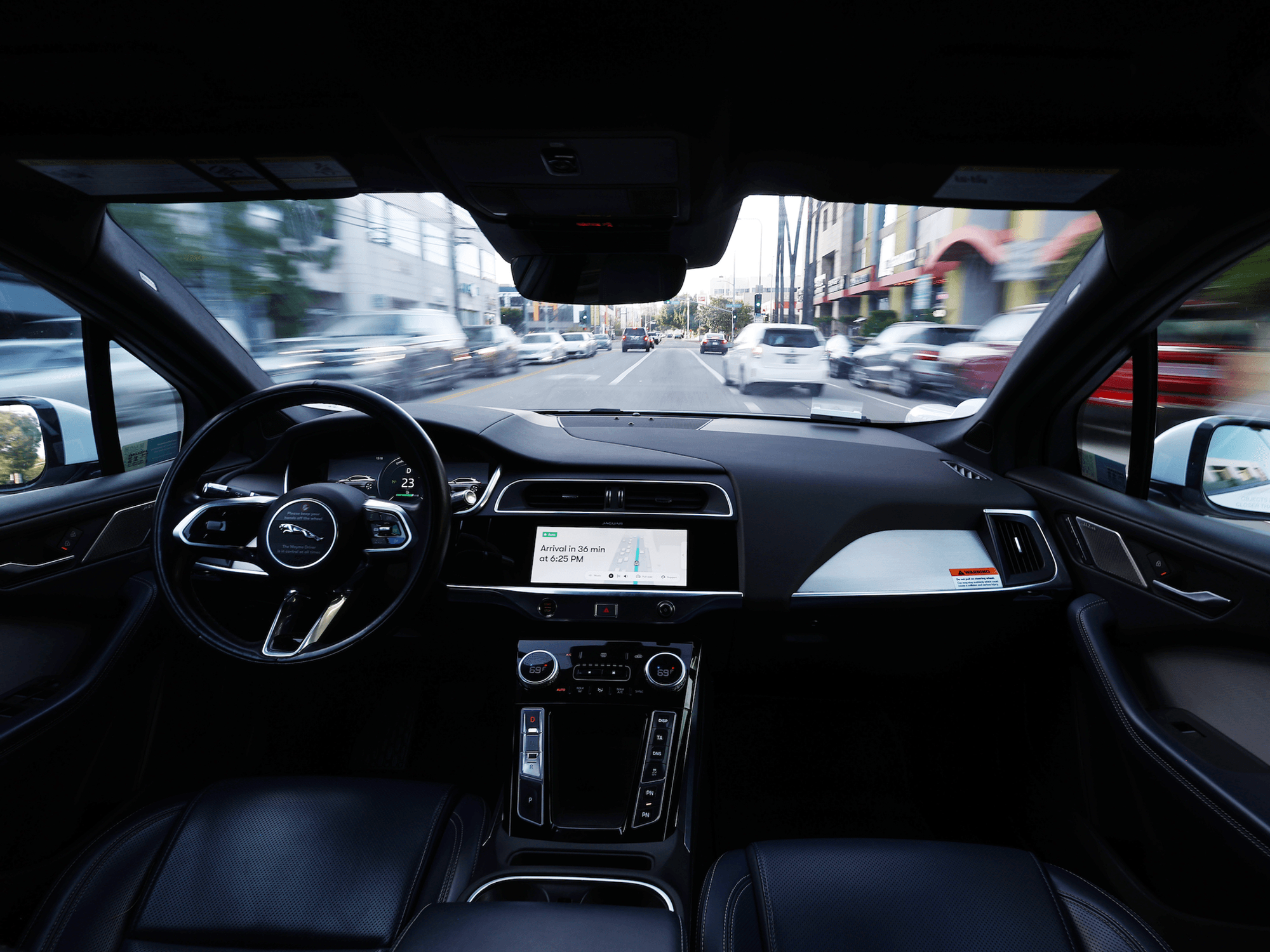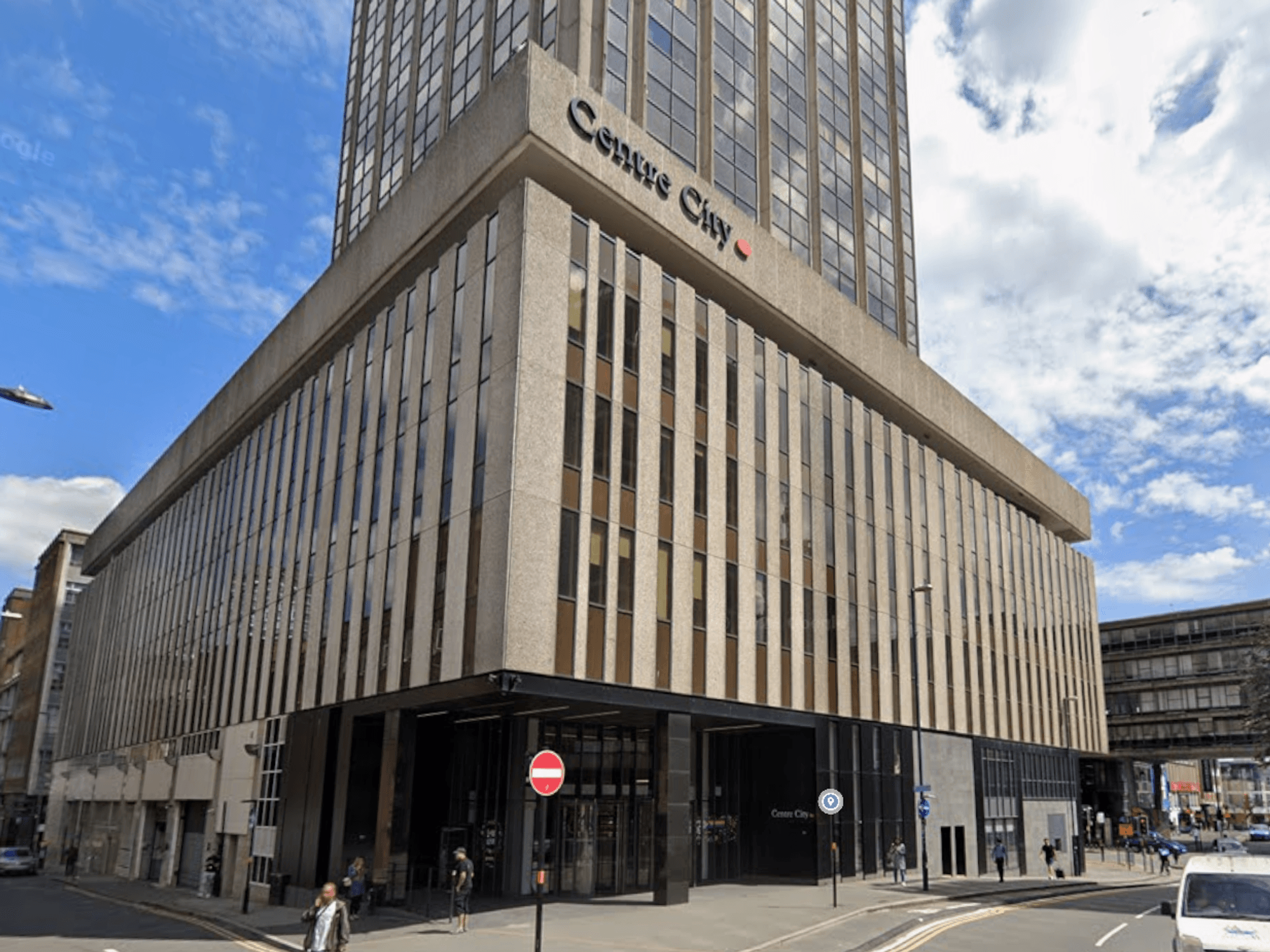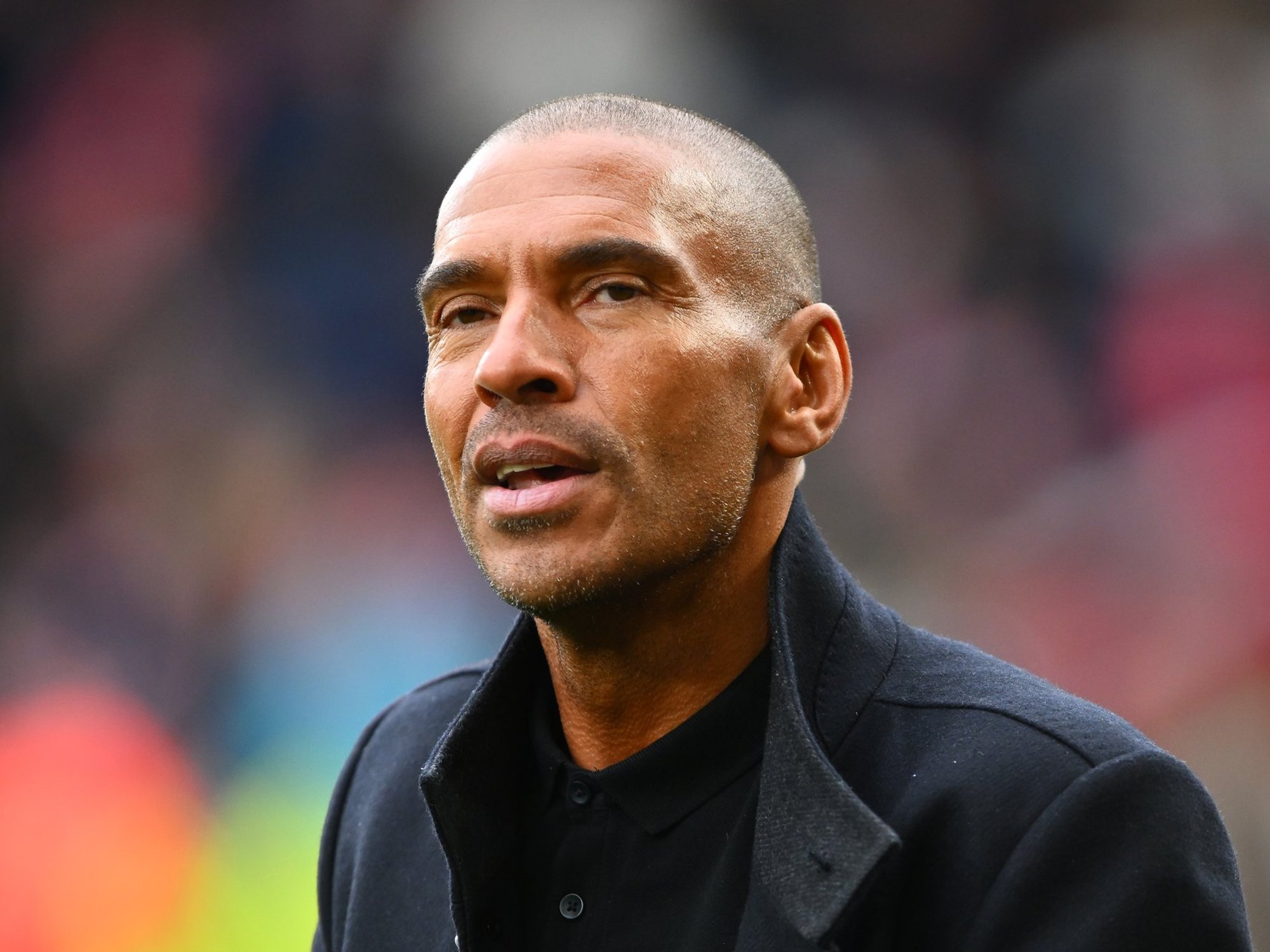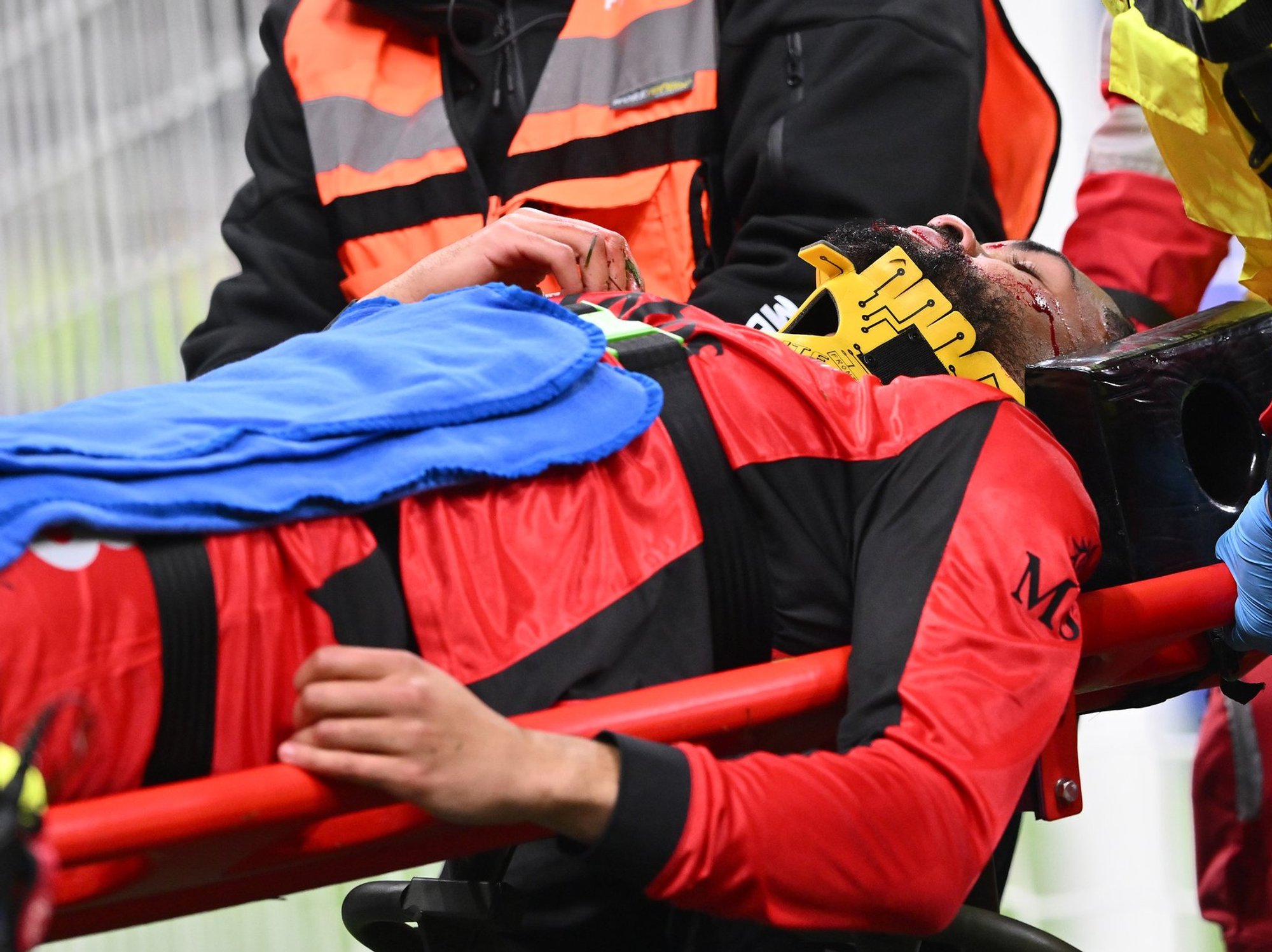Reform declares war on Low Traffic Neighbourhoods by comparing them to 'mass immigration and net zero'
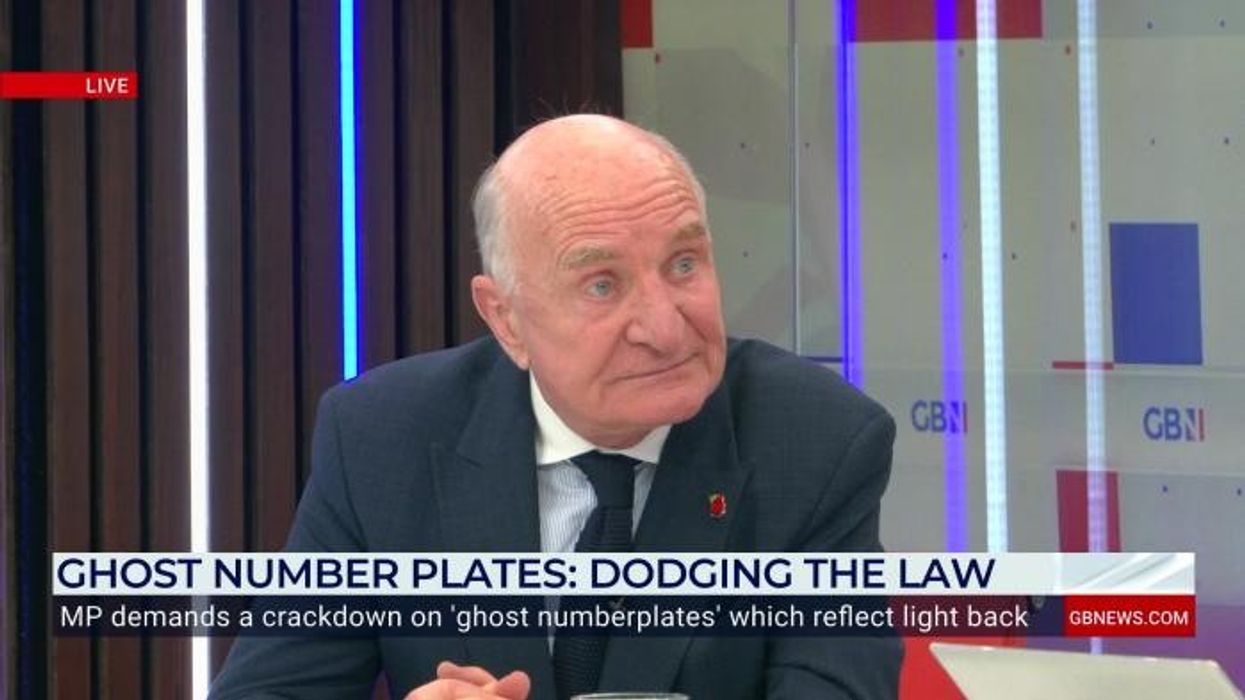
WATCH: Mike Parry erupts at 'outrageous cash cow' Low Traffic Neighbourhood scheme
|GB NEWS

'LTNs have proliferated too quickly and there are far too many of them'
Don't Miss
Most Read
Reform UK has vowed to reverse Low Traffic Neighbourhoods (LTNs) in all of the councils it now controls after its sweeping local election victory earlier this month.
Nigel Farage's party has announced it will block most new schemes and reverse existing ones in the 10 councils it now controls.
Reform won 677 council seats at the local elections and took control of ten councils, including areas in Durham, Kent and Nottinghamshire.
LTNs were introduced during the pandemic in 2020 as part of a suite of green policies aimed at encouraging walking and cycling.
Do you have a story you'd like to share? Get in touch by emailing motoring@gbnews.uk
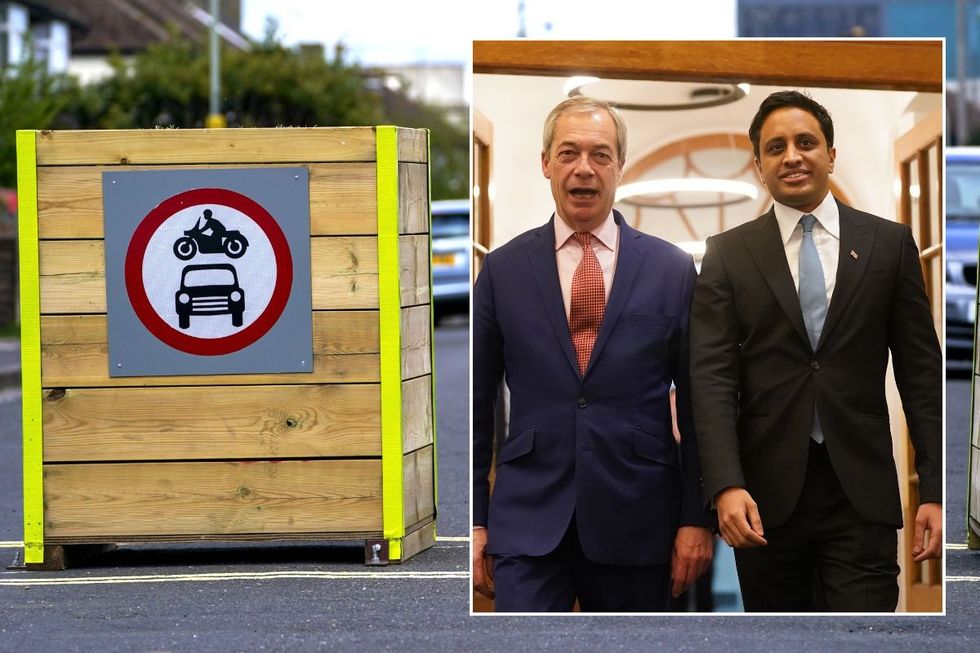
Reform UK said it would look to remove Low Traffic Neighbourhoods in the councils they won in the recent local elections
|PA
These schemes involve shutting off the majority of side roads in an area to cars and are cited as a way to reduce pollution.
Party chairman Zia Yusuf told The Telegraph: "LTNs have proliferated too quickly and there are far too many of them.
"We view these schemes with the same suspicion as mass immigration and net zero. They are policies which are supported by and made to benefit more affluent people, who are then insulated from the negative consequences."
There are now more than 100 permanent Labour-backed LTN schemes in the UK, with the Government also pushing for more 20mph zones in what has been branded a "war on motorists".
The schemes are usually policed by blocking streets with planters or bollards or by using cameras, with drivers facing fines for driving down them.
Seventy-two LTNs opened during the pandemic as part of a £2billion active travel scheme overseen by former Prime Minister Boris Johnson and Transport Secretary Grant Shapps.
The Tories subsequently withdrew this funding in 2023 as Rishi Sunak vowed to end measures that he saw as amounting to an anti-car agenda.
Reform's party chairman said that the 10 councils they now control would soon become "islands of freedom for motorists, where people who want to use their cars are able to do so".
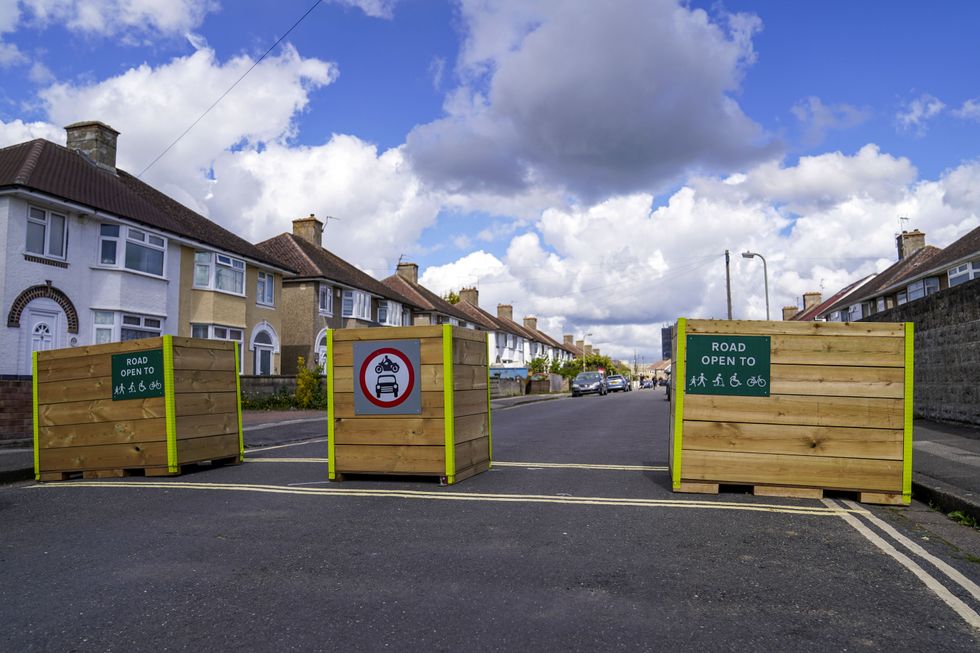 Low Traffic Neighbourhoods were popularised during the pandemic when there were fewer cars on the road | PA
Low Traffic Neighbourhoods were popularised during the pandemic when there were fewer cars on the road | PAYusuf added: "You can expect, if you live in a Reform council, for there to be a much higher bar for any proposals for LTNs and for the large-scale reversal of these existing LTNs."
Reform council candidates across the country campaigned against LTNs during the local elections. The party has said the schemes hollow out local high streets, make life difficult for drivers and push congestion into poorer areas.
Earlier this month, a judge ruled London's Lambeth council had acted unlawfully by creating an LTN and ignoring residents' concerns that it would cause more traffic congestion.
Campaigners in Bath, meanwhile, conducted a recent survey that found an LTN next to a university campus has led to a 700 per cent jump in traffic past a primary school and nursery.
LATEST DEVELOPMENTS:
- Surge of 'supersized' vehicles risks 'undermining' road safety with calls for new taxes and restrictions
- Millions of drivers could see petrol and diesel prices soar amid urgent warning of 'fuel security problems'
- Drivers bracing for wave of congestion and emission fines impacting thousands of vehicles
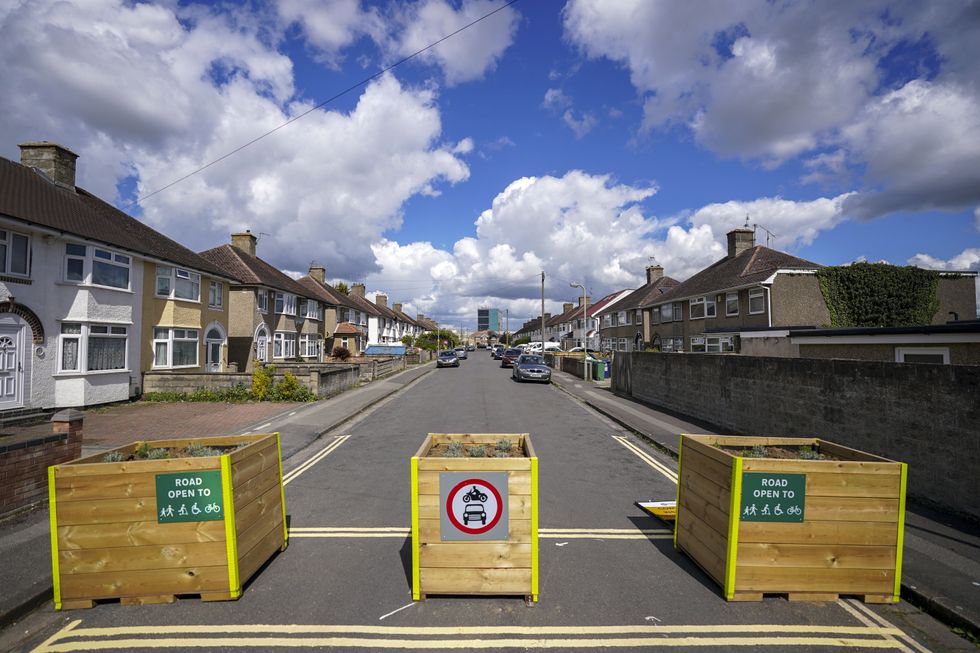
Many LTNs were supported by the £2billion Active Travel Fund under Boris Johnson
| PALocal councils were told to independently fund the scheme without Westminster's help after the Tories withdrew funding.
Reform UK's broader anti-LTN stance forms part of its wider agenda to demonstrate how it would govern if given power nationally.
Yusuf concluded: "In Wales, these sweeping 20mph speed limits which Labour have brought in are hugely unpopular. You can expect us to campaign to reverse this and we will be taking the fight to Labour on this at the Senedd elections next year."





